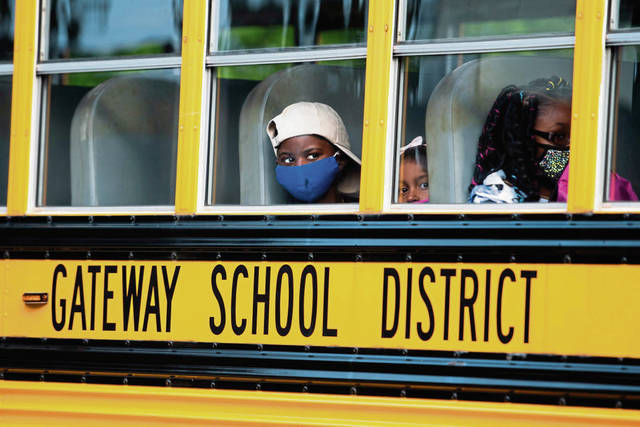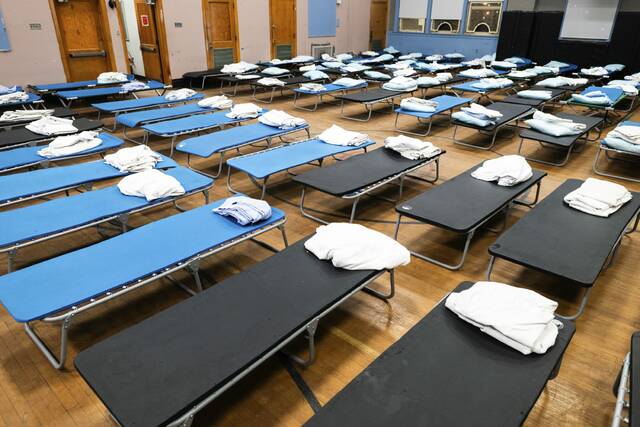I consider myself fortunate. Our kids are in their 20s. Two are in graduate school, and two have begun careers. They were vaccinated last spring. They embrace masks when they are indicated. They work on Zoom, in-person, and they have the freedom — backed by their institutions — to choose the optimal setting, depending on risk and context.
Not all parents are in this position. Many are contending with pressure to work while sending children to understaffed preschools that may not be covid-free; elementary school-aged children who aren’t vaccinated and will be asked to wear masks while attending school in-person; adolescent children, many of whom have been vaccinated but will be around peers and adults who aren’t; and young adults headed to colleges with covid policies ranging from strict to loose.
How do they decide what’s best for them and their children? Some have been feeling economic strain, as well as career stagnation if they remain removed from the workforce. They know about the delta variant, and the threat it poses to children. They worry about their kids’ emotional development, as almost all have been deprived of in-vivo learning and social interactions during the past 18 months. They worry about the health of their spousal relationships, as they have been crouched in close quarters with kids, their spousal privacy compromised, and their wider social fabric disrupted. Yes, the layers from inside-out seem shakier, and the world less certain.
Covid has cornered parents into imperfect options. And the equation is a bit different for each family. Although this isn’t new, the stakes are higher, especially with the delta variant. Most of us didn’t worry that oxygen might be dangerous to children. The economic choices didn’t seem as stark. Marriages didn’t seem as stressed. The marriages that were sturdy pre-pandemic seem to have weathered it — maybe even flourished — while the ones with cracks have been more likely to split. And I recognize that I am describing the middle class here; poorer people have suffered even more.
What about the forces we can’t influence? Because people have been raising them too. The vitriol at the grocery store when people don a mask; the specter of guns hovering over communities; the climate boiling everywhere; the politicians that seem interested in self-interest while our democracy teeters. I don’t have an effective medication to prescribe for these worries.
I start with the problems I am best equipped to address. Such as principles of child development, spousal health, familial attachment security and medical risk. I try to help patients accept that few decisions are clear-cut. I try to help them balance their own needs with the needs of the people they love. And I try to help them tolerate some guilt and anxiety.
And then I dare to wade into the larger problems, which is admittedly a change. I don’t think we can rationalize that these issues are beyond us, not if we want our children to inherit something durable. So I’ve begun to engage patients about politics. I’ve started to challenge patients when they tell me they’re not going to vote. I question them when they sound racist. I confront them when they swear they won’t get the covid vaccine. And I encourage patients to select one large issue they care about and devote some energy to altering its status quo.
Because our children’s future depends on it.
Andrew I. Smolar, M.D., is a psychiatrist and clinical associate professor of psychiatry at the Temple University School of Medicine.








